The atmosphere waiting in line for “The Writer’s Room” panel was highly charged. Any one of these comics writers garners a massive following, but putting them together was like some kind of nexus of writing mystique. All the better if you happened to be a fan of all three, like many practically jumping up and down waiting for a prized seat near the stage. Usually Grant Morrison alone is enough to create a magical atmosphere for comics fans, but here he was in fine company and part of a conversation rather than the obvious center of attention.
In a panel moderated by Ron Richards (iFanboy.com), Brian K. Vaughn (Y: THE LAST MAN, EX MACHINA), Jonathan Hickman (FANTASTIC FOUR, S.H.I.E.L.D.), and Grant Morrison (ALL-STAR SUPERMAN, BATMAN) got a chance to compare notes on the processes that have led them to their big successes as comics writers and comment on some of their more personal experiences and motivations in writing. Richards kept the pace up, firing specific questions to the panelists. Their answers created a usefully coherent picture of what life is like on the inside of writing notoriety for aspiring writers and fans. Richards asked if all of them considered writing a particular “calling” from an early stage in life and Vaughn and Morrison readily agreed to their early obsession with writing while Hickman started off with artistic aspirations before realizing where his stronger talent lay. Morrison’s process early in his career, however, was to both write and draw his scripts in a back and forth method that didn’t lend itself to full script format. It was only when working for the British publisher D. C. Thompson that he learned some of the basic structures of storytelling and how to create a consistent scripting process for himself. Hickman, also when “working for himself” frequently didn’t produce full scripts, but worked with rough outlines.
The writers also expressed a degree of flexibility in planning out clear directions and endings for their work. Vaughn tends to plot everything out completely or “lie” so that, like the pilot of an airplane, he doesn’t make the reader feel nervous about the direction of the story. Hickman tends to plot things out fully, but has found a more recent trend in moving from week to week in his planning more “liberating” and encouraged aspiring writers to “try everything” and see what works best for them. Morrison confessed that he’s always “just making it up as I go”, and that the plans he makes usually get thrown out along the way. He used his work on JLA: EARTH 2 as an example, wherein he composed a shocking total of 5 complete scripts, each with different endings and plenty of alternative content before finding what he really wanted. For him, the “image” in your “head” of what you want from a project can be hard to pin down in words, and he compared writing several times to music during the course of the panel, listening for what “sounds right” before you know a project is complete.
Collaboration was a hot topic. Vaughn, like Morrison, wants to be “surprised” by what the artist produces, not a slavish rendering of his concepts. Neither ever asks artists to “redraw” things that don’t fit in with their initial ideas, firstly, because it’s such hard work for the artists to do that, but secondly, because they do view comics as a collaborative process, and not a format where the writer is god. This led to a consideration of how they each write their scripts these days in terms of format and included some good rules of thumb for writers (many of whom were taking frenetic notes in the audience or holding up their phones to make video recordings). No one could understand how Alan Moore creates such detailed cinematic scripts, for one thing. Vaughn limits himself to one typewritten page per comics page as a matter of principle and Morrison commented that he always winds up describing 5 panels as “the most pleasant feeling for the page”. The trio commented on the 5 panel phenomenon, which affects them all, and speculated that this allows room for one large focus panel, with plenty of room for glam work from the artist, and enough other panels to move the narrative along. All three have a particular dislike for overcrowding the page with dense word-balloons, no matter how high the concepts are behind the work. Morrison is highly averse to “killing artwork” in this way and personally feels like he’s “choking to death” when reading crowded pages. Vaughn added that he’s a heavy editor of his own composition process, and starts off with far too much text for balloons, which he systematically reduces and reduces to allow the art room to breathe and Hickman struggles with “long-winded dialogue” for the same reasons.
The writers laid out some very practical advice about dealing with submissions to publishers, coming up with structure for their works, and developing “character” (a process of listening to “voices” in his head for Morrison), but the most lively dialogue during the panel was spawned by the Q and A brought by avid fans. Are their writings autobiographical? Morrison is known for including himself in works like THE INVISIBLES, and he’s sticking with that mode of operation, creating situations where he can be sure “I’ve understood that feeling” on behalf of a character. Vaughn was remarkably candid, clarifying that Y: THE LAST MAN sprung from his experience of being dumped, that Ex Machina helped him deal with the experiences of 9/11, and that he “hides life between rayguns and jetpacks” as the “surest way to make your work feel unique”.
Surprisingly, none of the panelists are very enthusiastic about writing for comics with digital media in mind. They feel that electronic formats are changing too fast to adapt to one form and then have to turn around and adapt to another. They prefer to stick to a five panel page and let technology deal with the difficulties of adapting format. Morrison took a hard line. “That stuff isn’t really representative of comics at all”, he said, referring to reading comics on an iphone or small device that allows only for single panel or half-page viewing. He feels that comics need the relationship between panels expressed in a full page format. He wants to see comics presented as closely as possible to the way that the artist intended. Platforms that prevent full page viewing, therefore, are in keeping with the strengths of the comics medium, in his opinion.
A last, desperate question from the floor, and no doubt seconded by a few hundred writers in training: how do these guys advise writers to balance their creative work and their “day jobs” when they are trying to break in? Vaughn learned, when working at a psychiatric hospital, to “say yet to everything” during the early phases of your career, whether you seem to have the time to do it or not. Morrison encouraged writers to “Take on any job and sit up all night to do it”. “Don’t balance”, he said, “Just do it”. Hickman, who raised the art of being self-effacing and droll to a new level throughout the panel, related a bone-chilling tale of taking the plunge into comics writing at a point in his life that left him without any other source of income following his first real gig. “It’s a new world, burn your ships”, he said. The outcome for him was a close one, running out of money before success stabilized his lifestyle, but he felt it was time to “go all in”. These were tough answers from all three panelists, not really allowing many excuses from writers who want to commit to success. But the fans came for honesty, and they got it. How do you get to be a Grant Morrison, Brian K. Vaughn, or Jonathan Hickman? The answer seemed to be: take yourself seriously, and take comics seriously, and then multiply that exponentially as you build on your successes.
Hannah Means-Shannon writes and blogs about comics for TRIP CITY and Sequart.org and is currently working on books about Neil Gaiman and Alan Moore for Sequart. She is @hannahmenzies on Twitter and hannahmenziesblog on WordPress.


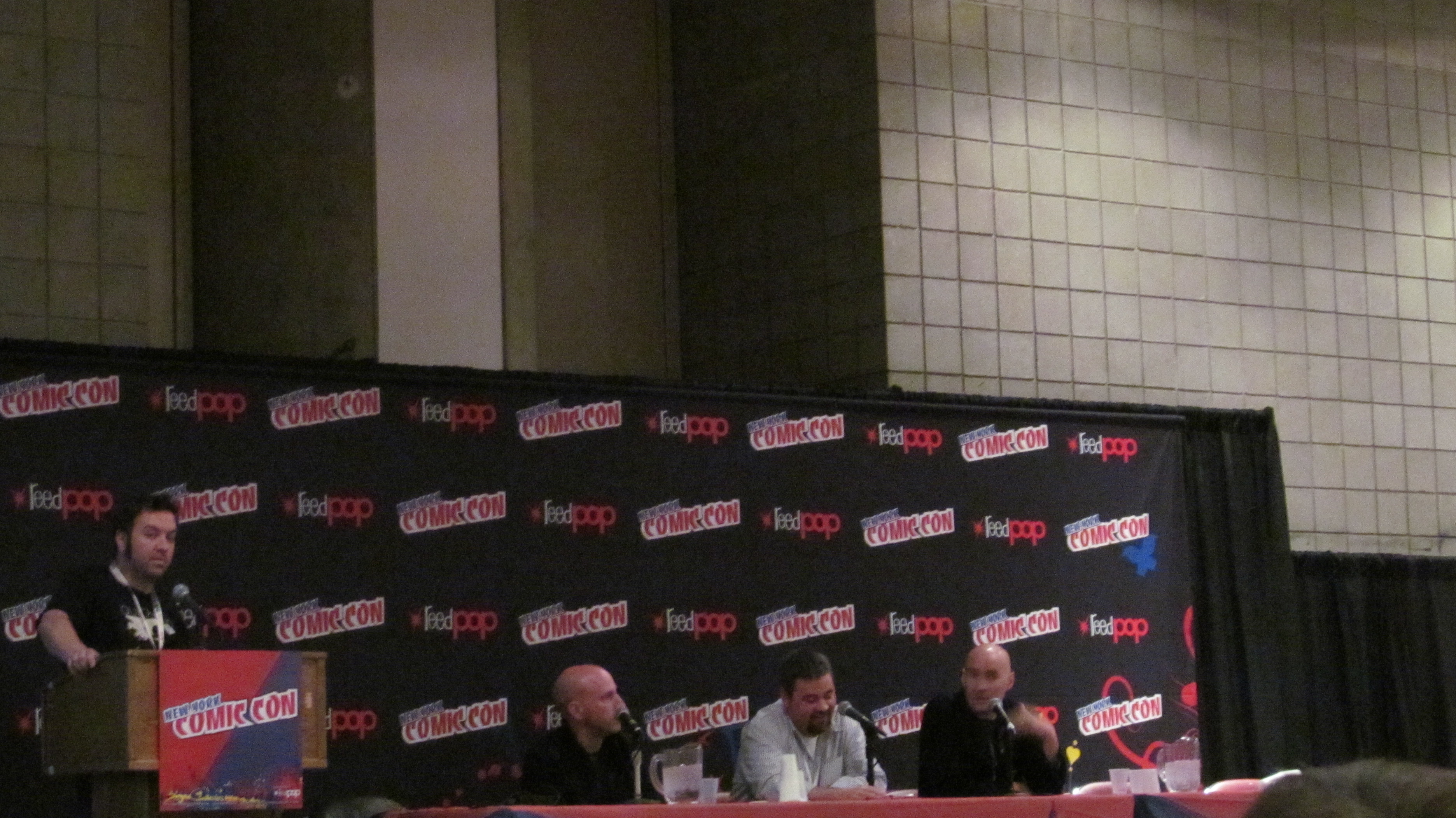
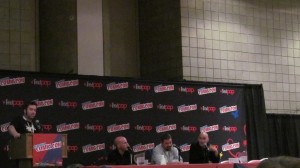
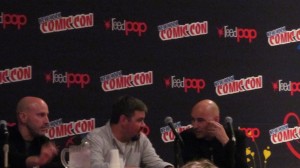
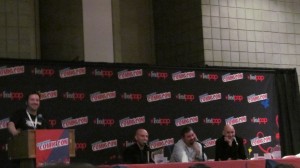
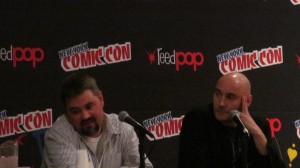
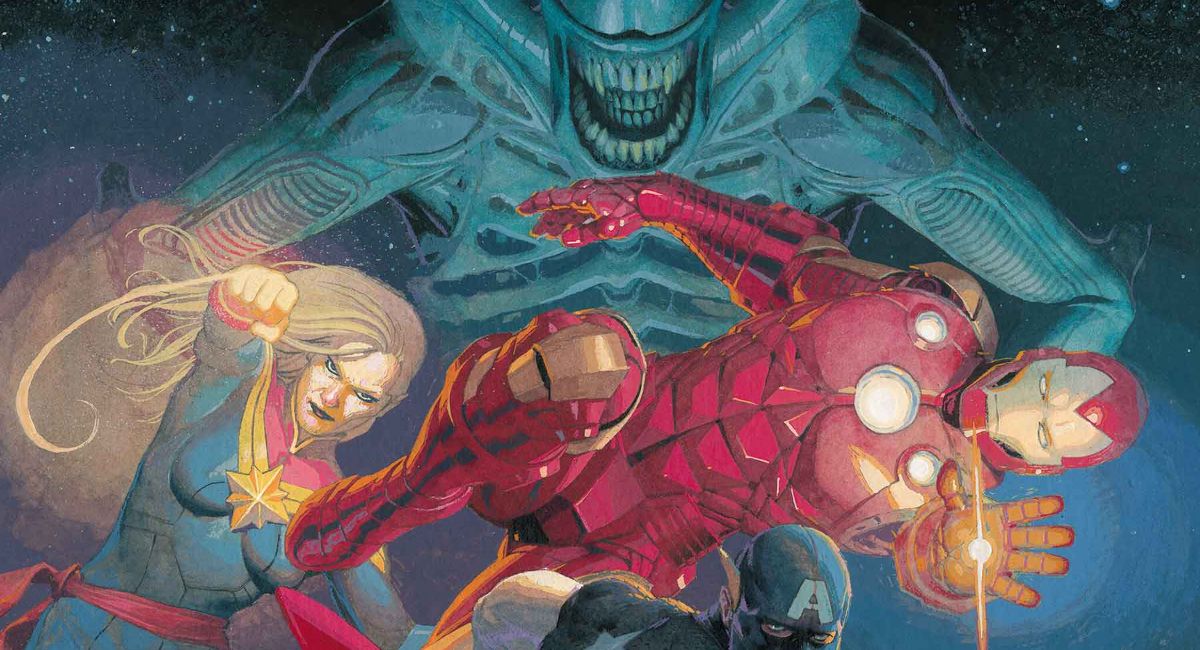
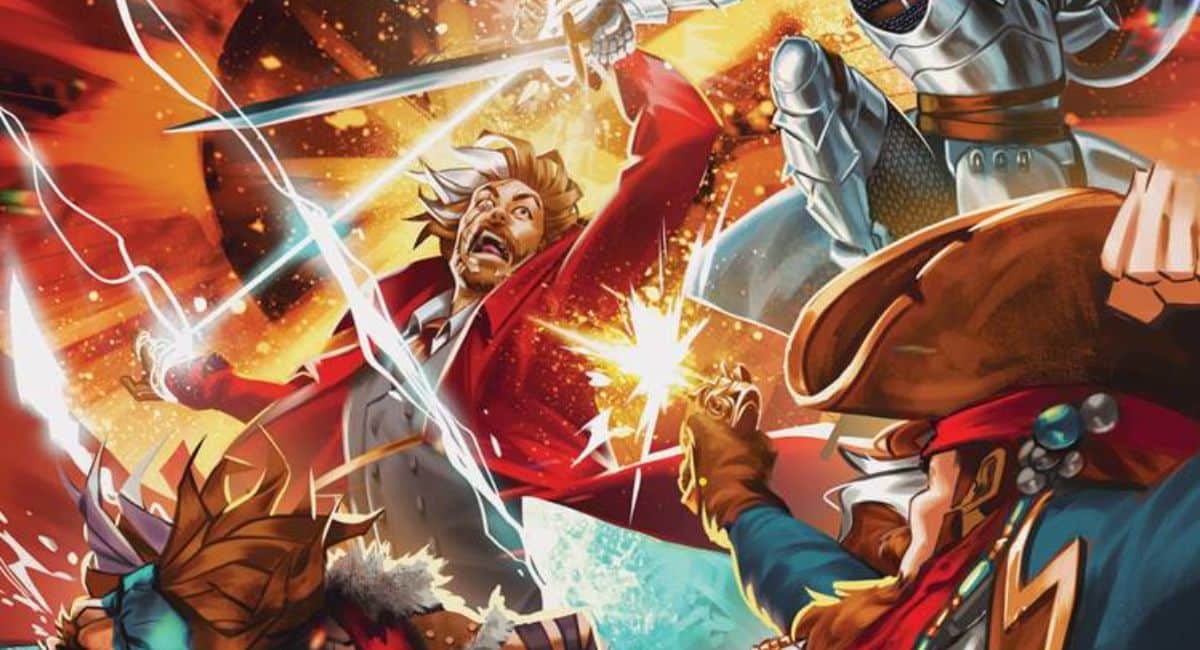
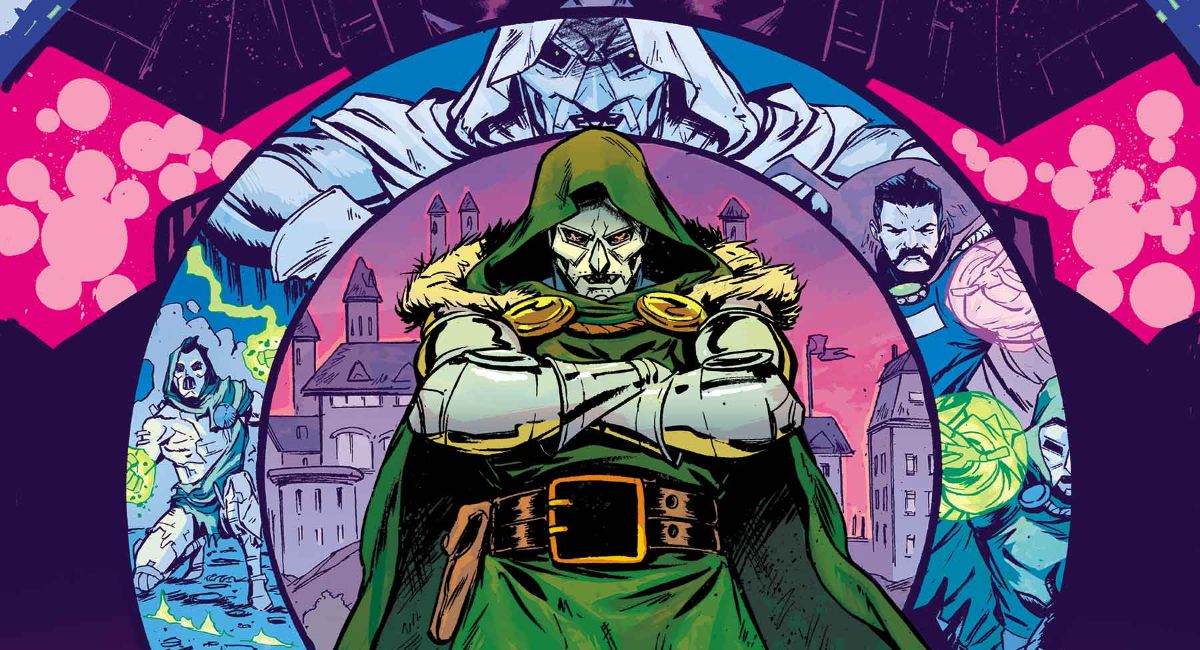



Great article I wish I didn’t have to fly out on Sunday or I would have been there.
Good stuff.
I was surprised by how specifically informative this was for writing, as well as being a treat for fans- it was pretty cool.
Great article! Fascinating conversation. Wish I could’ve been there
Did Grant summon any creatures on stage?
Comments are closed.